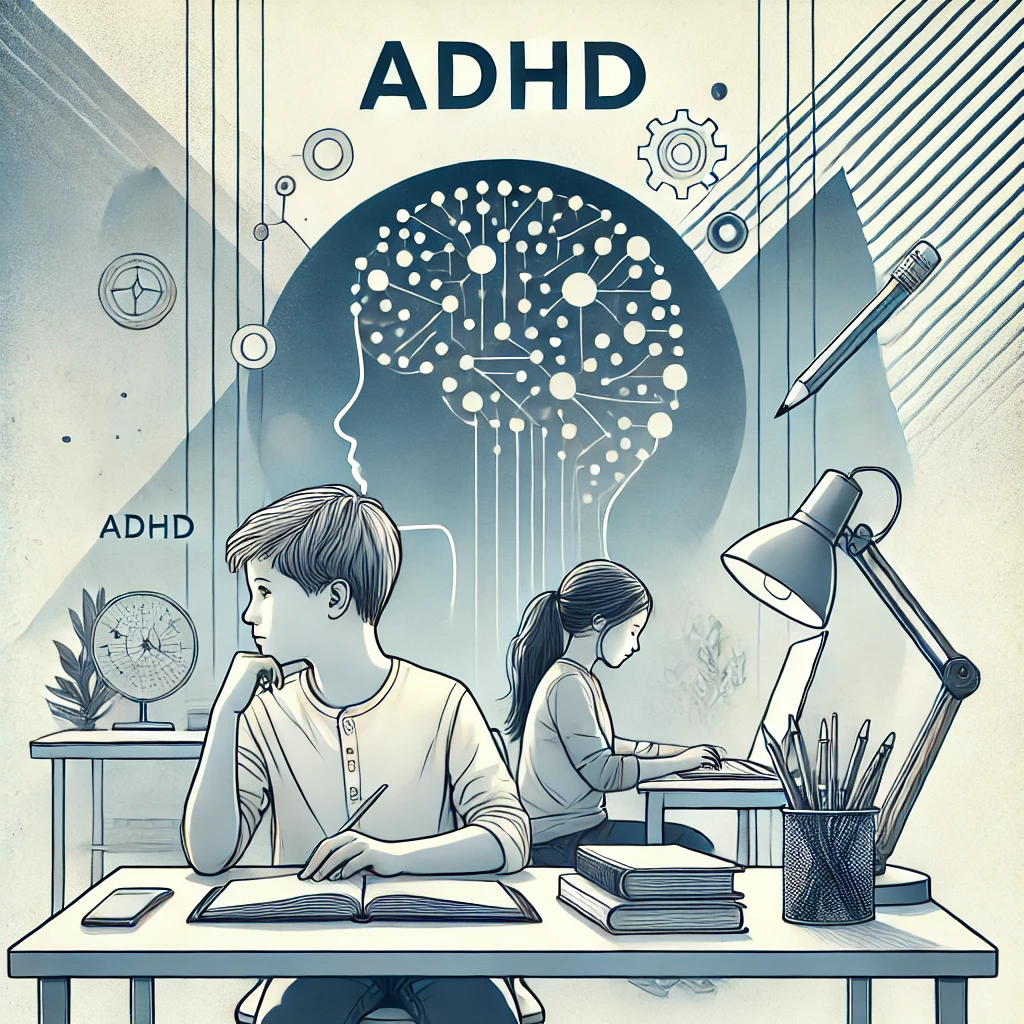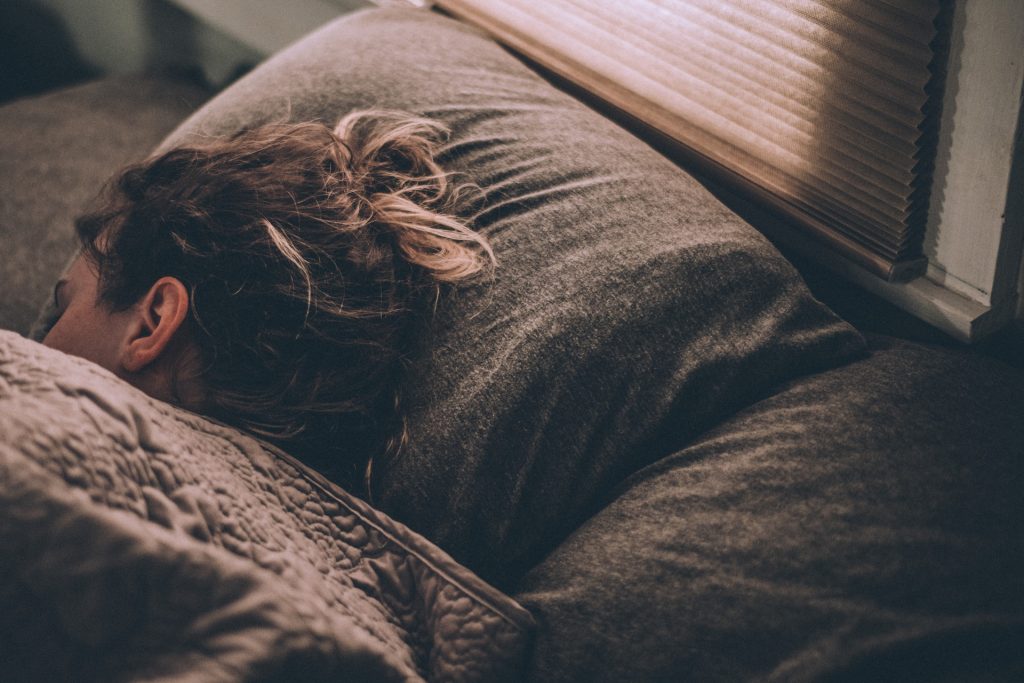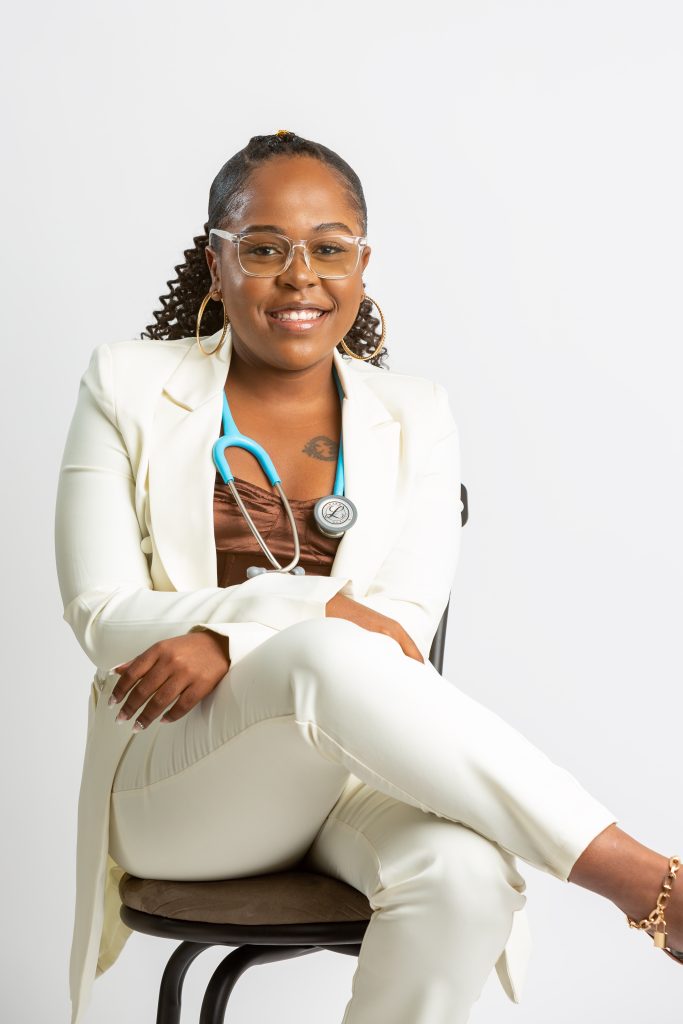
Unhealthy sleep = unhealthy heart. Physically and emotionally.
This equation is convincingly demonstrated in Dr Mathew Walker’s international bestseller Why We Sleep; The New Science of Sleep and Dreams. For a brief introduction to this delightful book and some background on why you should delve into its contents, read our post Sleep and dreams: Why we need to know more about them.
In his book, Dr Walker explains the many life-changing benefits sleep has for your brain and body. One of the areas he has researched in great detail is cardiovascular disease, and our MediComm team believes that such a massive global killer deserves its own summary post here.
Dr Walker highlights two studies from an extensively documented body of well-controlled research about the importance of sufficient good-quality sleep in preventing cardiovascular disease. Other risk factors for heart disease were well controlled in the analysis of both studies.
- A 2011 study that tracked more than half a million people of varied gender, age, race and ethnicity, across eight different countries, concluded that progressively shorter sleep was associated with a 45% increased risk of developing and/or dying from heart disease within seven to 25 years from the start of the study.
- A Japanese study of over 4 000 male workers, over a 14-year period, showed that those sleeping six hours or less were 400%–500% more likely to suffer one or more cardiac arrests than those sleeping more than six hours per night.
Dr Walker makes the point that as you approach midlife and your body’s resilience to disease declines, the impact of insufficient sleep on the cardiovascular system escalates. Adults who are 45 or older, and sleep less than six hours a night, are 200% more likely to have a heart attack or a stroke in their lifetime compared to those who sleep an average of seven to eight hours a night.
Ironically, midlife is when family and professional circumstances often impinge on your ability to prioritise sleep but, for longevity and quality of life, prioritise it you must.
Why and how does a lack of sleep affect the cardiovascular system?
The intricacies of the relationship between sleep and your cardiovascular systems are meticulously explained in Why We Sleep, but these are the basic mechanics behind this reality:
- Studies show that if you have only five to six hours of sleep a night you have a 200%–300% higher chance of suffering calcification of the coronary arteries over a five-year period relative to those sleeping seven to eight hours – significantly increasing your risk of having a heart attack.
- Sleep deprivation shuts off the usual nighttime surge of growth hormone. Growth hormone is one of the body’s great healers and without its healing effect at night, the lining of our blood vessels becomes progressively more damaged.
- Lack of sufficient good-quality sleep leads to an overactive sympathetic nervous system which negatively impacts on our health in multiple ways. Our sympathetic nervous system is a very effective activating, inciting and agitating system in our bodies designed to protect us, in short bursts, when needed. This system activates our fight-or-flight response when we’re in trouble and need to fight or flee. It’s able to influence respiration, immune function and various chemicals that alter blood pressure, heart rate and other cardiovascular variables. This system is a life saver under credible threat but when it becomes stuck in the ‘on’ position for prolonged periods, it can become a threat to life. Almost every experiment throughout history investigating sleep deprivation has shown that an overactive sympathetic nervous system is observed in humans who are sleep deficient; pushed into perpetual overdrive by a lack of sleep. This in turn has negative impacts on the cardiovascular system including accelerated resting heart rate, increased blood pressure, and increased release of cortisol which then causes the vessels to constrict (or spasm) which further increases blood pressure.
Consider this
Daylight-saving time in the northern hemisphere has created a natural experiment, allowing scientists to test the impact of a nation losing an hour’s sleep when the clocks are moved forward every March. Tabulation of millions of hospital records show a significant and scary spike in heart attacks the very next day! This experiment works both ways: when the clocks are moved back every September, and most people gain an hour of sleep, heart-attack rates plummet the following day.
A similar pattern can be observed for traffic accidents on these two days of the year, showing just how sensitive people are to even one hour of lost sleep.
An important tip for protecting our cardiovascular systems is to minimise the use of the snooze button on your alarm clock. Let’s explain: ideally, we should wake naturally but in today’s fast-paced, early-to-work world waking to an alarm clock is often the norm. When artificially wrenched from sleep, you suffer a spike in blood pressure and a shock acceleration to your heart caused by a sudden burst of activity from the fight-or-flight sympathetic nervous system. When you use the snooze button you repeat this assault on your heart every time the alarm goes off. Try and minimise this to once a day!
Moving to the heart of the matter
Hearts are often equated with emotions. Whilst science suggests otherwise, this does seem an obvious juncture to discuss the role that sleep plays in your emotional well-being and happiness.
In our post Why we need to sleep, we briefly explain the important role that REM sleep plays in creativity. But REM sleep has many other functions too, one of which is a form of overnight therapy. To benefit from this extraordinary act of nature, you need to dream, and you need to dream about specific things.
Following his instinct that dreaming REM sleep was an overnight therapeutic tool, Dr Walker and his colleagues conducted numerous experiments. They are all detailed in Why We Sleep, but these are three of the major findings regarding what happens during REM sleep:
- Concentrations of a key stress-related chemical called noradrenaline are completely shut-off. This is the only time in any 24-hour period that your brain is completely devoid of this anxiety-triggering hormone.
- You experience total muscle paralysis, apart from your eyelids.
- Key emotional and memory-related centres are activated and are visible on MRI scans.
These three physiological factors mean you can safely relive emotionally traumatic events in your dream state, allowing you to process these valuable experiences, integrating them with your existing knowledge and fitting them into your own autobiographical perspective.
At the same time, you are allowed to take the edge off or even dissolve (forget) the visceral, painful emotions linked to these experiences. This is why, once you have recovered or moved on from the event, you can remember it without having the same visceral, devastating reaction every time.
But what you dream is equally important. Dr Rosalind Cartwright from Rush University, Chicago, followed subjects who had experienced traumatic events (and were anxious or depressed as a result) for one year and recorded the content of their dreams. She was able to conclusively demonstrate that those who dreamed about their specific painful experience soon after it happened effectively resolved their anxiety and/or depression within the year of study. Those who dreamed about other things instead were still, a year later, being dragged down in their waking hours by an undercurrent of depression.
In short, dreaming about painful and traumatic events is healthy and good. It allows progression and resolution through heartbreak. Know this and teach it to your children!
As discussed in our Why we need to sleep post, scientists know that REM sleep is more dominant in the latter part of your sleeping hours each night – think how often your alarm has woken you in the middle of a dream! So getting your eight hours of sleep is always important, but it seems those last couple of hours may be particularly important after a traumatic event.
Another important aspect of sleep and emotional health is that of emotional irrationality. We all know that lack of sleep makes us more irrational.
A fascinating study conducted by Dr Walker and his group proved the neurological basis for this. They recruited young healthy individuals and split them into two groups. One group stayed awake all night in the laboratory whilst the other group slept normally. During brain scans the next day the subjects were shown 100 pictures ranging from neutral in emotional content (e.g. a basket) to emotionally distressing (e.g. a venomous snake about to bite). Brain scan results were fascinating. A structure located in your brain, called the amygdala is a key component for triggering very strong emotions such as rage or anger and is linked to the fight-and-flight response. The underslept individuals showed a 60% amplification in emotional reactivity in the amygdala and in the way they reacted:
“It was as though, without sleep, our brain reverts to a primitive pattern of uncontrolled reactivity. We produce unmetered, inappropriate emotional reactions, and are unable to place events into a broader or considered context.” (Why We Sleep; The New Science of Sleep and Dreams; page 147)
Should we not be trying to incentivise sleep?
Both the physical and emotional benefits of sufficient sleep beg the question: when trying to optimise performance of a company, staff, students or scholars should we not be prioritising and incentivising sleep? It may be worth putting this thought to our creative brains.
Aetna are a giant health insurance company in the USA. Their CEO (until 2018) Mark Bertolini implemented a strategy where if workers were able to prove that they had obtained 20 seven-hour nights of sleep in a row (or more) they would receive a $25/night bonus for a capped total of $500. Mr Bertolini felt that his workers were more prepared and able to make better decisions if they had sufficient sleep. It would be fascinating to analyse the productivity, creativity and emotional resilience of those staff implementing the strategy vs those not doing so.
When Dr Walker describes Mr Bertolini’s method he offers a modification, suggesting that he would offer vacation time as a bonus for gaining sufficient sleep. He suggests a ‘sleep credit system’ where sleep time could be used to gain either financial bonuses or extra vacation days. He includes the caveat that we now know that both sleep time and sleep continuity are important (i.e. not just catching up on sleep hours over the weekend but getting seven to eight hours every night should be the goal). He explains that the sleep credit score should be calculated based on a combination of sleep time and night-to-night sleep continuity.
It is worth a (creative) thought. Sleep on it.
MediComm’s vision is to share high-quality, important medical information with those who can benefit from it, but don’t have the time or opportunity to read all the important literature out there for themselves. That’s why MediComm will be bringing you bite-sized pieces of Walker’s great wisdom over the months ahead.






0 Comments